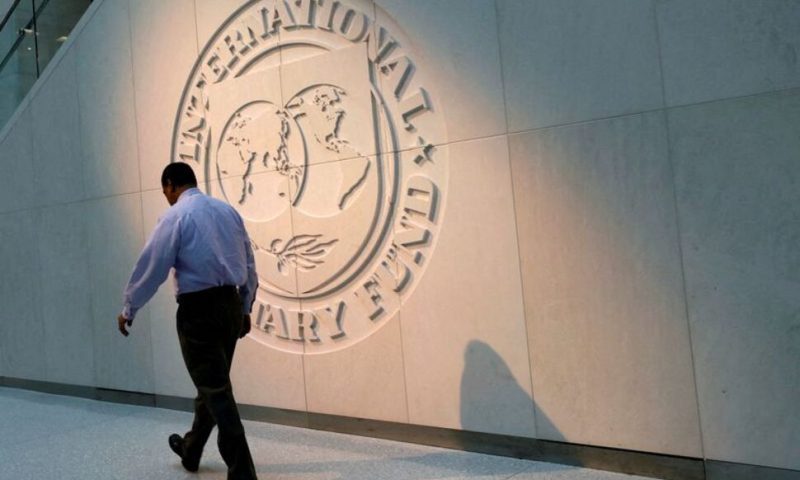LONDON – The International Monetary Fund’s executive board has backed a key change to give it more freedom to support countries in crisis even if debt renegotiations with big creditor governments like China are still ongoing.
The proposal is aimed at reforming what the IMF calls its Lending Into Official Arrears (LIOA) policy, a framework that determines if and when it can lend to a country that owes money to another IMF-member nation.
In a statement late on Tuesday, the Fund said its board had endorsed “reforms to promote the IMF’s capacity to support countries undertaking debt restructurings”.
A key change will be that it will be able to lend to a country where no debt agreement with one or more of its bilateral creditors has been reached if the Fund has been provided with “additional safeguards”.
Debt crisis veterans have long urged a change to the IMF’s approach, having seen delays in agreements with the likes of China widely blamed for dragging out Zambia, Ethiopia and Sri Lanka’s defaults for years.
“Directors supported the addition of a fourth strand under which the Fund shall seek additional safeguards where an adequately representative agreement has not been reached,” the IMF said.
China became the world’s largest official creditor in 2017, surpassing the claims of the World Bank, IMF, and all Western “Paris Club” governments combined.
However, it tends to take a different approach to providing debt relief, preferring to give countries longer to pay rather than what is often the IMF’s recommended option of writing off money completely.
The Fund’s largest shareholder, the U.S., made its views clear as far back as 2022 when U.S. Treasury official Brent Neiman criticised China’s actions for “holding back” restructurings.
He also highlighted how the global Common Framework plan, set up in 2020 to try and speed up debt restructurings by bringing all key creditor countries including China and India together, had made little progress as a result.
In its statement, the IMF highlighted how it had taken Chad 11 months to move from its initial IMF “staff-level agreement” following its default to securing the creditor assurances needed for approval of IMF financing.
It took Zambia nine months to reach this milestone, Sri Lanka six months, and Ghana five months. “But more progress is needed,” it stressed.
Giulia Pellegrini, an emerging markets debt manager at Allianz Global Investors, said the IMF’s move was designed to make the LIOA rules “a bit less stringent” to suit those needs.
“I think this is being done with a very positive intent,” she said, pointing to IMF disbursements being held up “time and time again”.
“They are essentially calling their (China’s) bluff a bit and saying, look, you either speed this up and we get to an agreement, or we are prepared to lend as long as we think you’re still discussing.”

